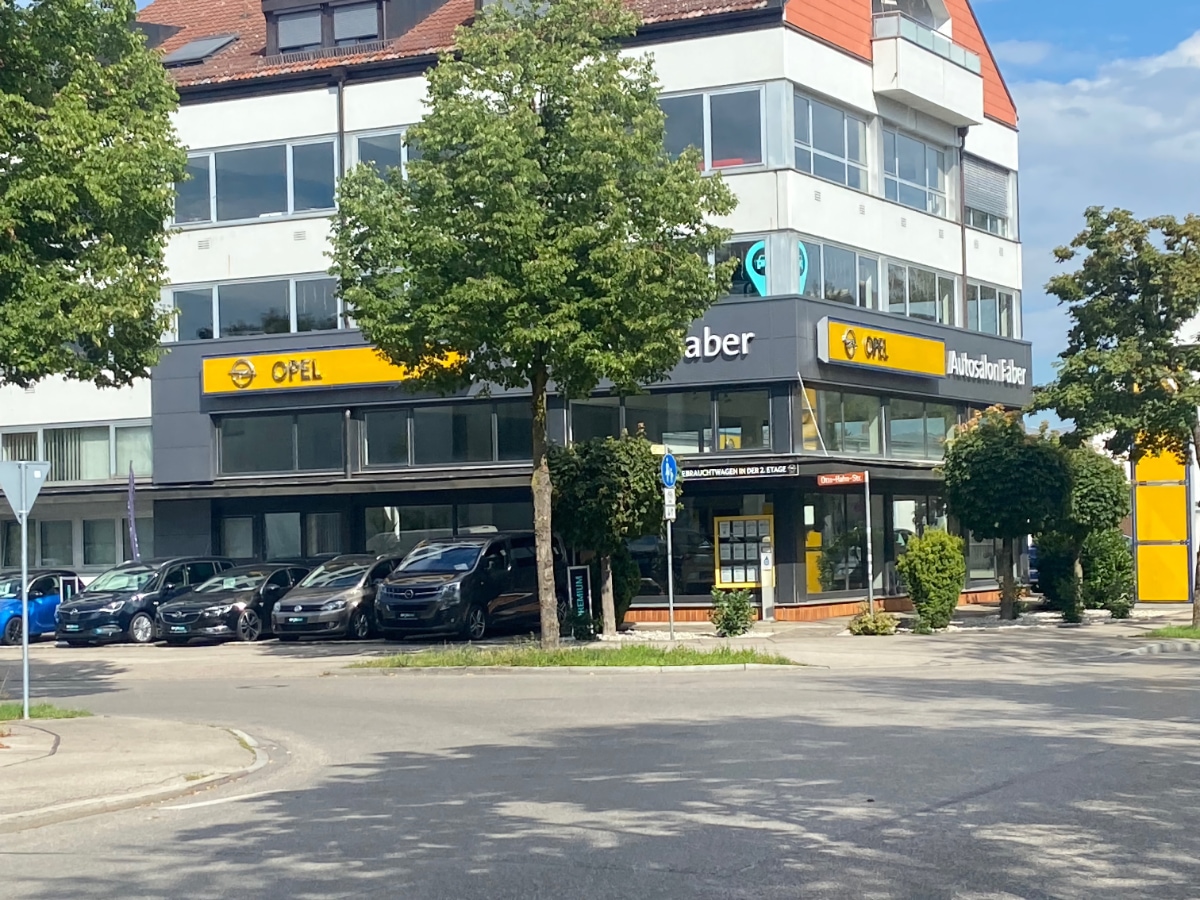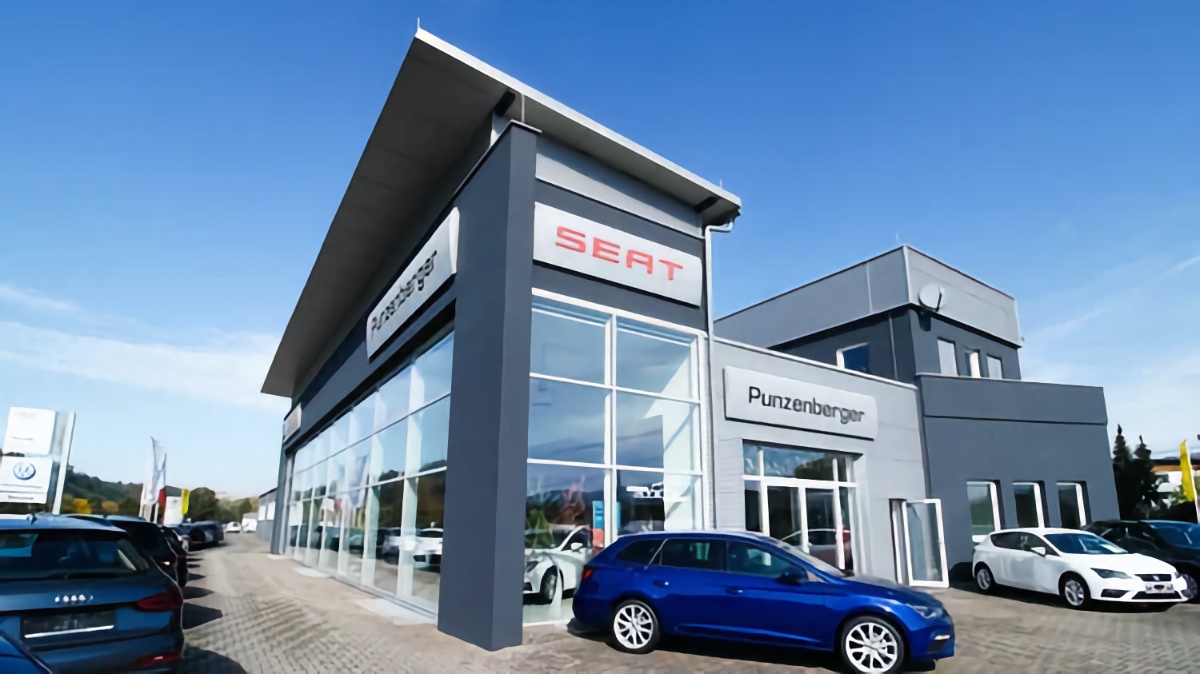The Automotive Agency Model in Europe
Revolutionising Car Dealerships
The automotive industry is undergoing a significant transformation in Europe, driven by technological advancements, changing consumer preferences, and the urgent need for sustainability. In this evolving landscape, car dealerships are also adapting to meet the demands of a new generation of customers.
One innovative approach gaining traction in Europe is the introduction of the agency model to car dealerships. This model, which has been successful in other industries, promises to reshape the way Europeans buy and sell cars.

Adept IS LTD European Survey
In August 2023 we undertook a comprehensive survey of retailers across Austria, Italy and Germany to understand how much retailers really understood about what will change under the Agency model and their perception of what it would mean to them as automotive retailers on a day-to-day basis.
In order to ensure the integrity of the survey we selected several retailers and visited the showrooms unannounced to talk to sales and service staff on an informal basis. We felt this approach was important to really understand what the people on the ground thought of the Agency model and get a feel for their fears and aspirations for the new way of working.

Understanding the Agency Model
The agency model, as applied to car dealerships, is a departure from the traditional sales and distribution system. Under this model, dealerships act as agents, facilitating the transaction between manufacturers and consumers. Instead of purchasing vehicles upfront, dealerships display cars owned by manufacturers, and when a customer decides to buy, the dealership facilitates the sale but does not own the vehicle until it's sold.
This concept introduces several benefits and opportunities for both consumers and dealerships.
Benefits for Consumers
- Lower Prices: The agency model eliminates the need for dealerships to carry a significant inventory of cars, reducing overhead costs. These cost savings can be passed on to consumers in the form of lower prices.
- Increased Transparency: Consumers can browse a wider selection of vehicles, as dealerships are not limited to their owned inventory. This transparency enables buyers to make more informed decisions.
- Personalized Service: Dealerships can focus on providing a personalized and seamless customer experience, offering expert advice and assistance in selecting the right vehicle.
- Reduced Pressure: Since dealerships don't own the cars on the lot, there's less pressure on salespeople to push specific models, leading to a more relaxed and customer-friendly atmosphere.
Benefits for Dealerships
- Reduced Risk: Dealerships no longer need to invest heavily in maintaining a large inventory. This reduces the financial risk associated with unsold cars.
- Increased Efficiency: With less emphasis on inventory management, dealerships can focus on improving customer service, marketing, and other aspects of the business.
- Enhanced Customer Relationships: The agency model allows dealerships to build stronger, trust-based relationships with customers, which can lead to repeat business and referrals.
- Sustainability: Fewer unsold vehicles mean reduced waste and a more environmentally friendly approach to the automotive industry.
Challenges and Considerations
While the agency model offers numerous advantages, there are challenges and considerations that dealerships, manufacturers, and consumers need to address:
- Consumer Education: Customers must understand the agency model and how it differs from the traditional dealership model to make informed decisions.
- Manufacturer Cooperation: Manufacturers must be willing to work closely with dealerships to ensure a smooth transition to the agency model and maintain a fair pricing structure.
- Regulatory Issues: European regulators may need to adapt existing regulations to accommodate this new sales model and ensure consumer protection.
- Dealer Adaptation: Dealerships will need to retrain staff and update their business operations to align with the agency model.

Conclusion
The introduction of the agency model to car dealerships in Europe represents a significant shift in the automotive industry. This innovative approach promises benefits for both consumers and dealerships, such as lower prices, increased transparency, and improved customer relationships.
However, overcoming challenges related to consumer education, manufacturer cooperation, regulatory adjustments, and dealer adaptation is essential for the successful implementation of this model.